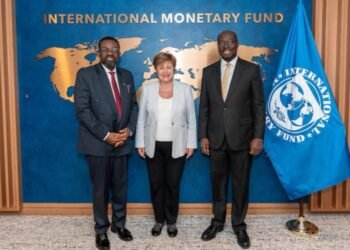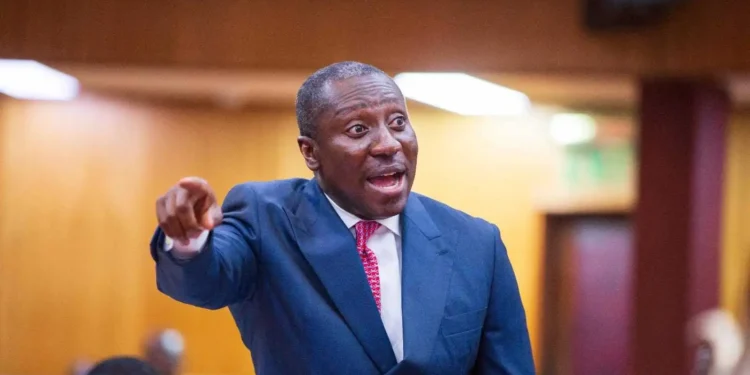A new World Bank report has highlighted the low savings culture of Ghana as the country has not saved sufficiently during commodity booms, limiting its ability to manage crises.
According to the report, the increase in Ghana’s income has been matched by an increase in consumption, such that the savings rate today is about the same as it was 23 years ago.
“During the commodity boom, Ghana paradoxically experienced its lowest rates of Adjusted Net Savings (ANS), which fell below zero for six years. By contrast, other countries such as Côte d’Ivoire increased their gross savings rate during boom years, which helped propel their ANS rates”.
World Bank
Luckily, the report indicates that Ghana’s ANS rate, has picked up after the commodity boom, on the back of stronger gross savings and sustained education expenditure. However, Ghana’s increasing non-renewable and net forest depletion could impact its ANS, the World Bank warns in the report.
Managing volatilities in natural resources
The World Bank noted that a stronger macroeconomic framework is needed to manage volatility stemming from natural resources, in particular extractives.
“Extractive industries are important but volatile contributors to growth and public revenue. In Ghana, they contributed approximately 11 percent of public revenue in 2019. While the extractive sector continues to present opportunities to support medium-term growth, managing the sector’s volatility requires a comprehensive framework for fiscal responsibility”.
World Bank
The report titled ‘Ghana Rising – Accelerating Economic Transformation and Creating Jobs’, underscores that Ghana’s attempts to shore up fiscal sustainability have been thwarted by successive crises. The discovery of oil and gas created high expectations regarding future oil revenue that have fallen short, the World Bank stated.
These expectations, the report says, helped loosen fiscal and monetary discipline as Ghana started to borrow in anticipation of future oil revenue. To stabilize the economy and improve public finances, the government adopted a fiscal stabilization plan in 2015, the implementation of which was slowed by costly financial- and energy-sector restructurings, the World Bank averred.
Need to revisit the current fiscal responsibility framework
The Breton Woods Institution therefore, advised the government to revisit and possibly revise the current fiscal responsibility framework, including the fiscal rule, to promote greater fiscal sustainability, generate higher savings, and ensure better economic stability.
The World Bank underscored that the very low level of domestic resource mobilization, notably due to generous tax exemptions, is one of the primary causes of the country’s continued fiscal stress. Ghana’s tax-to GDP ratio has been persistently low. For the past two decades, the tax ratio has remained at around 12.8 percent of GDP, well below the SSA average of 15 percent, the World Bank highlighted.
“Ghana needs to increase domestic revenue mobilization and should consider environmental taxation to generate revenue and enhance sustainability in key sectors”.
World Bank
Need expenditure rationalization
The report also recommends the country to rationalize its tax expenditures (mostly value-added tax (VAT)-related), which were estimated to be about 5 percent of GDP for 2014. Recent revenue growth was driven by Corporate Income Tax (CIT), generally considered to be among the least efficient taxes; moreover, CIT does little to address equity, the World Bank disclosed.
The size of the informal economy is reflected in low Personal Income Tax (PIT) revenues, which the World Bank believes, is a potentially important tool for achieving social policy objectives. To finance its social policy objectives, the report states that Ghana needs to adjust its tax mix to rely on more efficient revenue sources, like VAT and property tax.
The report further urges Ghana to optimize its tax mix to strengthen domestic revenue mobilization, increase efficiency and reduce the size of its informal economy.
READ ALSO: E-Levy will improve Tax-to-GDP ratio- Finance minister























